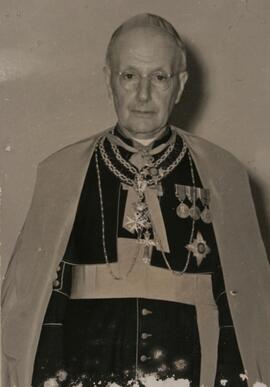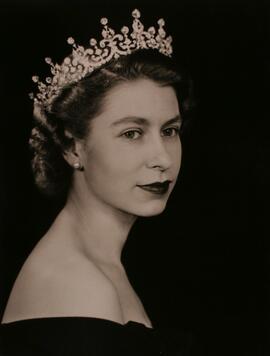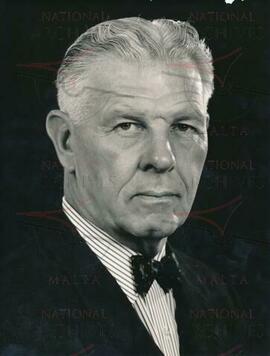Mons Michael Gonzi was the Archbishop of Malta from 1944 until 1976. He has also been Bishop of Gozo and an elected Labour Senator in the Malta Legislative Assembly. Gonzi is known for his intervention in politics, having also interdicted the Labour Party, demanding people not to vote for them. He was born in Vittoriosa to Giuseppe Gonzi and Margherita Tonna. He was ordained to the priesthood in 1908, elected as a Labour Senator in 1921 and chosen as the Bishop of Gozo in 1924. Gonzi was created a Knight Commander of the Order of the British Empire in 1946, knighted for his services during the Second World War. In 1949, Pope Pius XII made him Assistant at the Pontifical Throne and created him a Papal Count. In the same year, Gonzi was awarded an honorary LLD degree by the University of Malta and was appointed Bailiff Grand Cross of the Sovereign Miliary Order of Malta. In 1963, Gonzi became member of the Order of the Cross of St Raimond de Penafort and in 1965, Commander of the Order of the Holy Sepulchre.
Michael Gonzi was born on May 13, 1885, to Ġużeppi Gonzi, a Dockyard foreman, and his wife Margerita Tonna, and baptised at Vittoriosa parish church. The Gonzi family moved to Kalkara when Michael was five. He died on January 22, 1984, and was buried in Mdina Cathedral, after a funeral Mass at St John’s.


